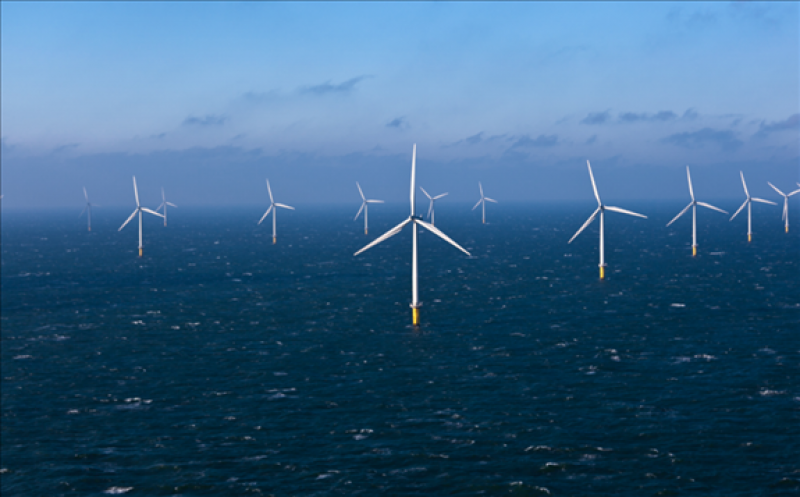
The Global Offshore Wind Report includes a business-as-usual (BAU) scenario which does not incorporate further technical development or opportunities and an upside scenario which captures the additional market potential.
In the BAU scenario, annual installations of 15-20GW after 2025 are realistic based on growth in China and other Asian markets, then amounting to 165GW of new installed capacity by 2030, bringing the total capacity to nearly 190GW.
Based on the upside scenario, a more positive outlook of over 200GW of new capacity is possible, as it includes additional potential such as floating wind development, increased cost competitiveness and new markets.
“We are standing within reach of a truly global offshore wind industry. Based on government targets, auction results, and pipeline data we expect to see 190 GW of new capacity to be installed by 2030, but this does not represent the full potential of offshore wind," said Karin Ohlenforst, Director of Market Intelligence at GWEC.
"Many new countries are preparing to join the offshore wind revolution, while floating offshore wind represents a game-changing technological development that can add even more volumes in the years to come.”
Asia, including China, is expected to become the largest offshore region globally with key growth markets including Taiwan, Vietnam, Japan, India and South Korea. The total installed capacity under the BAU scenario is expected at 100GW by 2030.
The total installed capacity for the European market under the BAU scenario is expected to be 78GW by 2030 with its cost competitiveness remaining a key driver for the volume, the report writes.
In the United States, the first installation of large-scale projects is expected between 2021 and 2023, bringing total installations to 2GW by 2025, with a potential for 10GW towards 2030.
“The industry is continuing to make significant strides on cost-competitiveness, with a average LCOE of $50/MWh being within reach," said Alastair Dutton, Chair of Global Offshore Wind Task Force at GWEC.
"New offshore markets represent significant potential and if industry and governments can work together, as we have seen recently in the case of Taiwan, we can build the necessary policy frameworks at greater speed to ensure growth can be achieved sooner than later.”